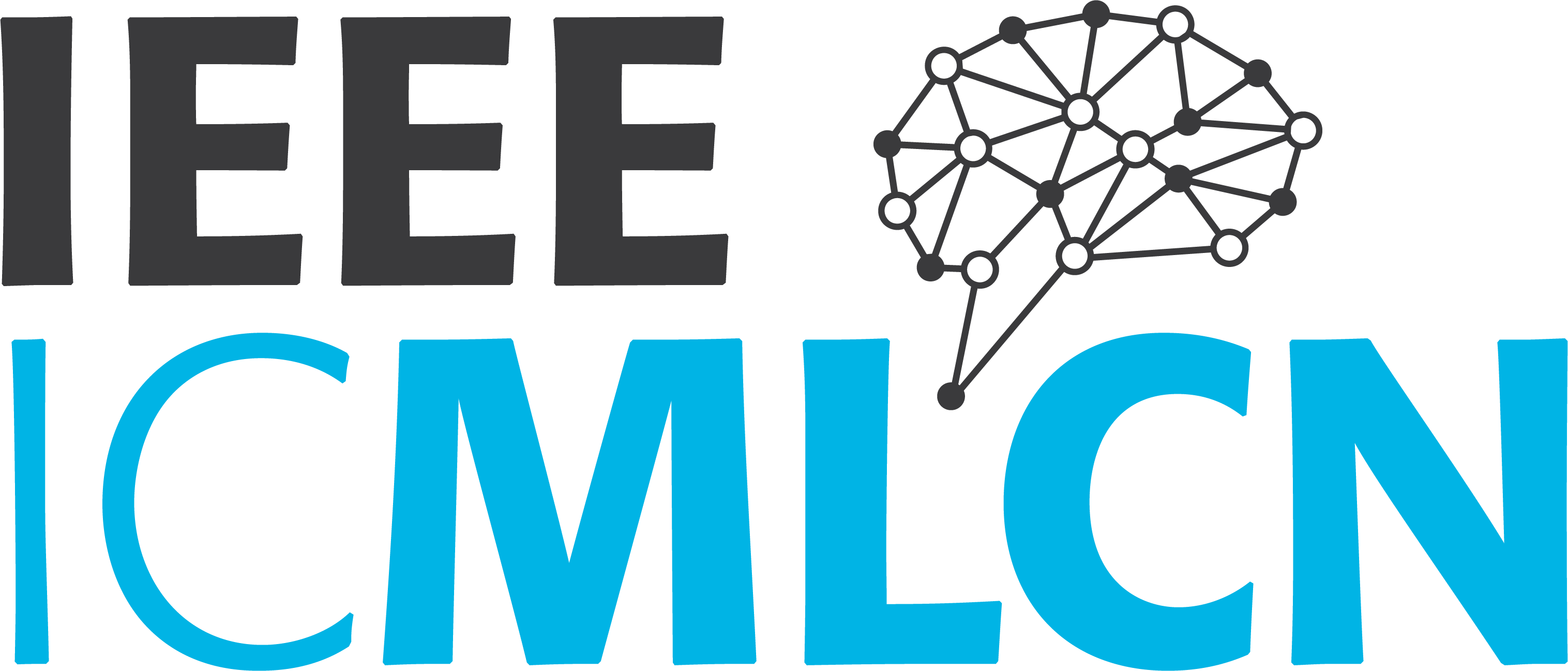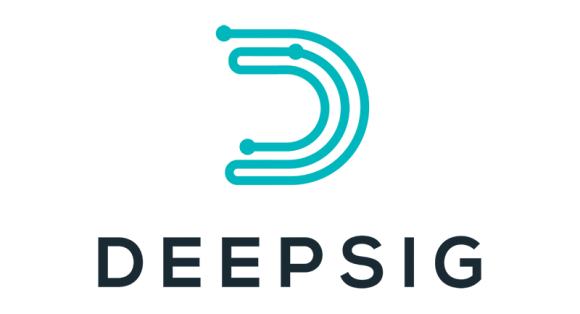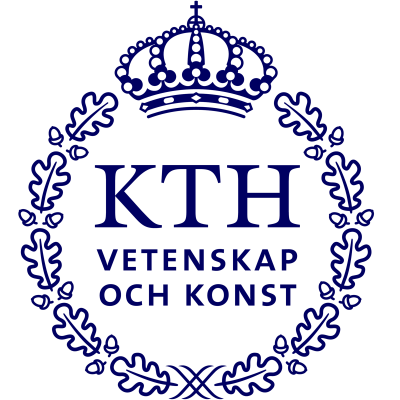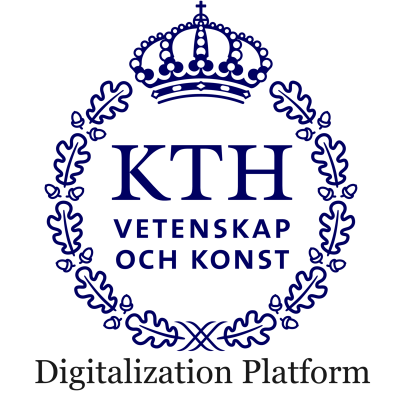Keynote 1 - AI and Telecom – How they marry together, and what’s next?
DATE: Monday, 6 May 2024
TIME: 09:10-09:55
ROOM: F2
Speaker: Jörgen Gustafsson, Ericsson Research AI
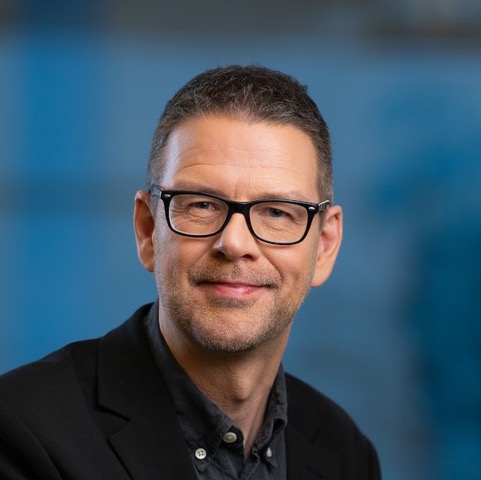
Abstract: We all know about the significant and recent breakthroughs and new capabilities in AI. At the same time telecommunication has become a critical infrastructure, something we both take for granted and has become a necessity for the life we live today. 5G is growing rapidly unlocking new capabilities, and 6G is in making promising even more. But how do AI and telecom marry together? And what comes next in the cross-section of AI and telecommunication? This keynote will connect those two hot technologies, explain why AI is the key technology for the current and future generations of telecommunication network, and elaborate on how 5G, and later 6G, will enable AI to provide the expected, promised and astonishing values for all of us. The talk will then finish with a glimpse of what is coming next in telecom AI.
Speaker Bio: Jörgen Gustafsson is head of Ericsson’s AI Research, leading research teams working on reinforcement learning, deep learning, trustworthy AI, generative AI, distributed intelligence, and other AI topics. The research ranges from long-term collaboration with top universities to transfer of AI technology to Ericsson’s products and services. Jörgen has experience from several Swedish national research projects together with academia and other industry companies. Jörgen is co-rapporteur of a group within ITU-T. He is an inventor of many patents and has a M.Sc. in computer science from Linköping University.
Keynote 2 - EDGE AI: UNLEASHING INTELLIGENCE AT THE EDGE
DATE: Tuesday, 7 May 2024
TIME: 09:00-09:55
ROOM: F2
Speaker: Khaled B. Letaief, Hong Kong University of Science and Technology (HKUST)
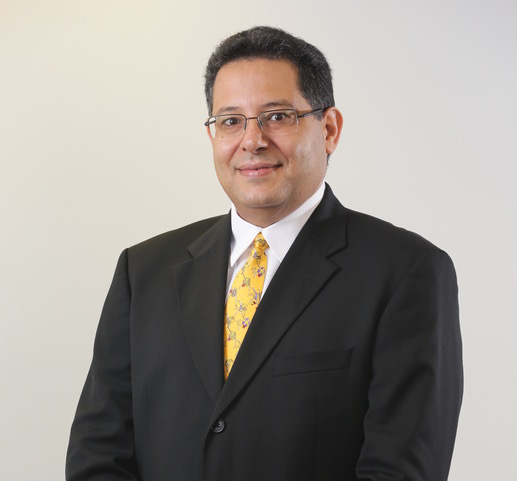
Abstract: As we stand on the brink of the 6G era, witnessing remarkable technological advancements and paradigm shifts, we are poised to enter a future where wireless communication is redefined. 6G promises unparalleled data rates exceeding terabits per second, ultra-low latency in microseconds, ultra-massive device connectivity, and seamless integration with emerging technologies like artificial intelligence, quantum communication, holographic communication, and augmented reality. In this talk, we delve into the transformative paradigm of Edge AI as we move towards 6G networks. Edge AI combines the power of artificial intelligence, machine learning, and edge computing to enable intelligent decision-making and data processing at the network's edge. By bringing AI capabilities closer to edge devices, Edge AI in 6G networks has the potential to revolutionize domains such as autonomous systems, smart cities, healthcare, and industrial automation. Leveraging the low-latency, high-bandwidth, and ultra-reliable communication promised by 6G, Edge AI empowers real-time local decision-making, privacy-preserving algorithms, and distributed intelligence in resource-constrained environments. However, deploying Edge AI in 6G networks also presents challenges related to scalability, security, energy efficiency, and standardization. This talk will begin by introducing 6G vision, challenges, and opportunities. It will then provide valuable insights into ongoing research efforts, innovative use cases, and future directions in the integration of Edge AI with 6G. We will also describe some of the important technologies and innovations ranging from air technologies and network design to services that are needed to meet the demands of future wireless networks and guarantee broadband ubiquitous communications of all things, including human-to-machine and machine-to machine for connected intelligence
Speaker Bio: Dr. Letaief is an internationally recognized leader in wireless communications and networks with research interest in artificial intelligence, task-oriented and semantic communications, tactile Internet, and 6G systems. He is a Member of the United States National Academy of Engineering, Fellow of IEEE, Fellow of Hong Kong Institution of Engineers, and Member of the Hong Kong Academy of Engineering Sciences. He is also recognized by Thomson Reuters as an ISI Highly Cited Researcher and was listed among the 2020 top 30 of AI 2000 Internet of Things Most Influential Scholars.
He is the founding Editor-in-Chief of the prestigious IEEE Transactions on Wireless Communications. He is the recipient of many distinguished awards and honors including the 2022 IEEE Edwin Howard Armstrong Achievement Award; 2021 IEEE Communications Society Best Survey Paper Award; 2019 IEEE Communications Society and Information Theory Society Joint Paper Award; 2018 IEEE Signal Processing Society Young Author Best Paper Award, 2016 IEEE Marconi Prize Paper Award in Wireless Communications, 2011 IEEE Harold Sobol Award, 2010 Purdue University Outstanding Electrical and Computer Engineer Award; and 2007 IEEE Joseph LoCicero Publications Exemplary Award.
He is well recognized for his dedicated service to professional societies and in particular IEEE where he has served in many leadership positions. These include the IEEE Communications Society President, the world's leading organization for communications professionals with headquarter in New York City and members in 162 countries. Since 1993, he has been with HKUST (ranked No. 20 worldwide according to the 2021 QS World’s Top Universities in Engineering & Technology) where he has held many administrative positions, including Acting Provost, Dean of Engineering, and Head of the Electronic and Computer Engineering department.
Dr. Letaief received the BS degree with distinction, MS and Ph.D. Degrees in Electrical Engineering from Purdue University at West Lafayette, Indiana, USA. He also received a Ph.D. Honoris Causa from the University of Johannesburg, South Africa
Keynote 3 - Breaking the Communication-Privacy-Accuracy Trilemma in
Federated Learning and Analytics
DATE: Wednesday, 8 May 2024
TIME: 09:00-09:55
ROOM: F2
Speaker: Ayfer Özgür, Stanford University

Abstract: Differential privacy (DP) has emerged as a powerful method to provide privacy guarantees on individuals’ personal data and has been recently deployed by major technology organizations for privacy-preserving federated learning and analytics as well data collection from peripheral devices. It is often achieved by introducing random perturbations, i.e. noise, to the data or the algorithm so that these random perturbations mask the contribution of each individual’s data. At first glance, this is often in conflict with the need for efficient communication in federated settings. For example, adding noise to privatize an individuals’ data can increase its entropy and make it less compressible. In this talk, we will discuss how communication and privacy can be aligned under different popular privacy frameworks for federated learning and analytics, including the so-called central, local and distributed DP models, so that one requirement enhances the other for free. We will show that with more stringent privacy requirements, we can compress more aggressively, and vice versa, while maintaining the same level of accuracy for the final task. We will further explore how these schemes can be extended to leverage the superposition nature of the wireless multiple access channel via over-the-air aggregation, offering a drastic reduction in error as compared to digital schemes that compress each sample into a fixed number of bits.
Speaker Bio: Ayfer Özgür is an Associate Professor in the Electrical Engineering Department at Stanford University where she is the Chambers Faculty Scholar in the School of Engineering. She received her B.Sc. degrees in electrical engineering and physics from Middle East Technical University, Turkey, in 2001, the M.Sc. degree in electrical engineering from the same university in 2004, and the PhD degree from EPFL, Switzerland in 2009. From 2001 to 2004, she worked as a hardware design engineer for the Defense Industries Research and Development Institute in Turkey. Dr. Ozgur received the 2010 Best Ph.D. Thesis Award from EPFL, the Hoover and Gabilan Fellowships from Stanford University, the NSF CAREER award, the Okawa Foundation Research Grant, Faculty Research Awards from Google and Facebook, the IEEE Communication Theory Technical Committee (CTTC) Early Achievement Award in 2018 and was selected as the inaugural Goldsmith Lecturer of the IEEE ITSoc in 2020. She is currently serving as an Associate Editor for IEEE Transactions on Information Theory and has served as the associate editor-in-chief for the IEEE JSAC Series on Machine Learning in Communications and Networks, the chair of the IEEE Information Theory Society Student Subcomittee, as an area TPC chair for IEEE Globecom and IEEE WCNC, as well as the TPC co-chair for multiple workshops in information and communication theory.
